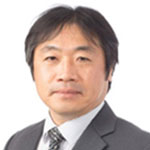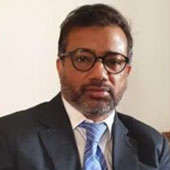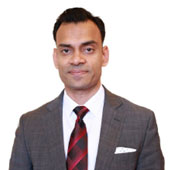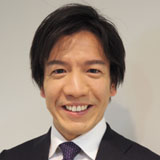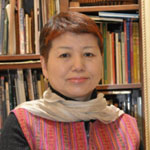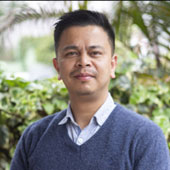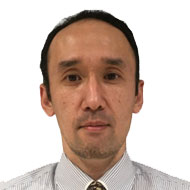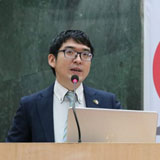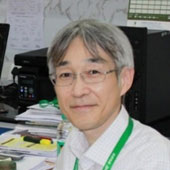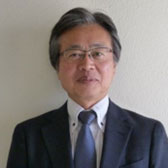After graduating from the Department of Educational Psychology in the Faculty of Education at the University of Tokyo in March 1990, Nobuyuki Konishi joined NEC Corporation. He worked for 5 years in the Personnel Department of NEC.
Then he joined the Japan International Cooperation Agency (JICA), where he worked for 27 years on international cooperation projects in developing countries over the world. He was involved in formulation and implementation of development cooperation projects in Southeast Asia in the fields of higher education and vocational training.
He has also been involved in private sector finance and investment projects for social business in developing countries.
Since April 2021, he has been working for the Sasakawa Peace Foundation (SPF), where he is engaged in management of international cooperation and exchange projects with the Asian region, particularly South and Southeast Asia, and the Middle East.
Mr. Nobuyuki Konishi
Director, Strategic Dialogue and Exchange Program, The Sasakawa Peace Foundation
